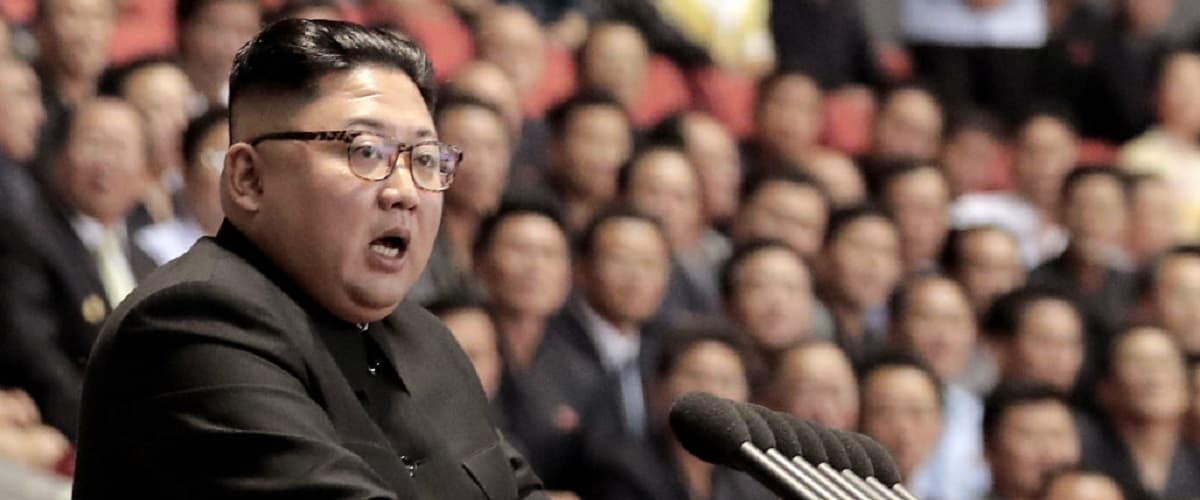Nuclear weaponry is considered one of the most dangerous and destructive methods of war. So bad, in fact, that many countries have agreed to not resort to that level of violence. The rest are holding fast to their weapons for one reason or another. In the case of North Korea, it’s because of the United States.
According to a commentary published by the Korean Central News Agency, a state-operated news agency, North Korea will not relinquish their nuclear weaponry until the U.S. does the same.
“The proper definition of denuclearization of the Korean Peninsula is completely eliminating the American nuclear threat to North Korea before eliminating our nuclear capability.”
This sort of stalemate stagnates a previously sign pledge to achieve denuclearization. Last June, U.S. President Donald Trump and North Korean leader Kim Jong Un signed an agreement to “work toward complete denuclearization of the Korean Peninsula.”
Despite the agreement, nuclear relations with the country have only sharpened. North Korea has grown increasingly critical of American nuclear reserves, while neither nation has made any significant changes.
The commentary continues, citing the presence of American troops in South Korea, and the southern nation’s protection under the US nuclear umbrella, as part of the obstacles from achieving denuclearization.
“When talking about the Korean peninsula, it encompasses not only our republic’s territory but also South Korea where the American nuclear weapons and armed forces for invasion are spread out. When talking about denuclearization of the Korean peninsula, [the US] needs to know that it means eliminating all nuclear threat factors.”
The commentary then explains that if North Korea was to be the first to relinquish all nuclear weapons, it would render the nation in a defenseless state.
On the other side, U.S. national security adviser John Bolton spoke about North Korea’s efforts so far, or lack thereof, to the Wall Street Journal’s annual CEO Council conference.
“They have not lived up to the commitments so far. That’s why I think the President thinks that another summit is likely to be productive.”
Funny how, when it comes to weapons of mass destruction, no one wants to be the first to give theirs up. The stand-still over the last few months only reassures this. While there’s no evidence supporting the idea, I can’t help but wonder if this agreement is just a front to hide other intentions.

